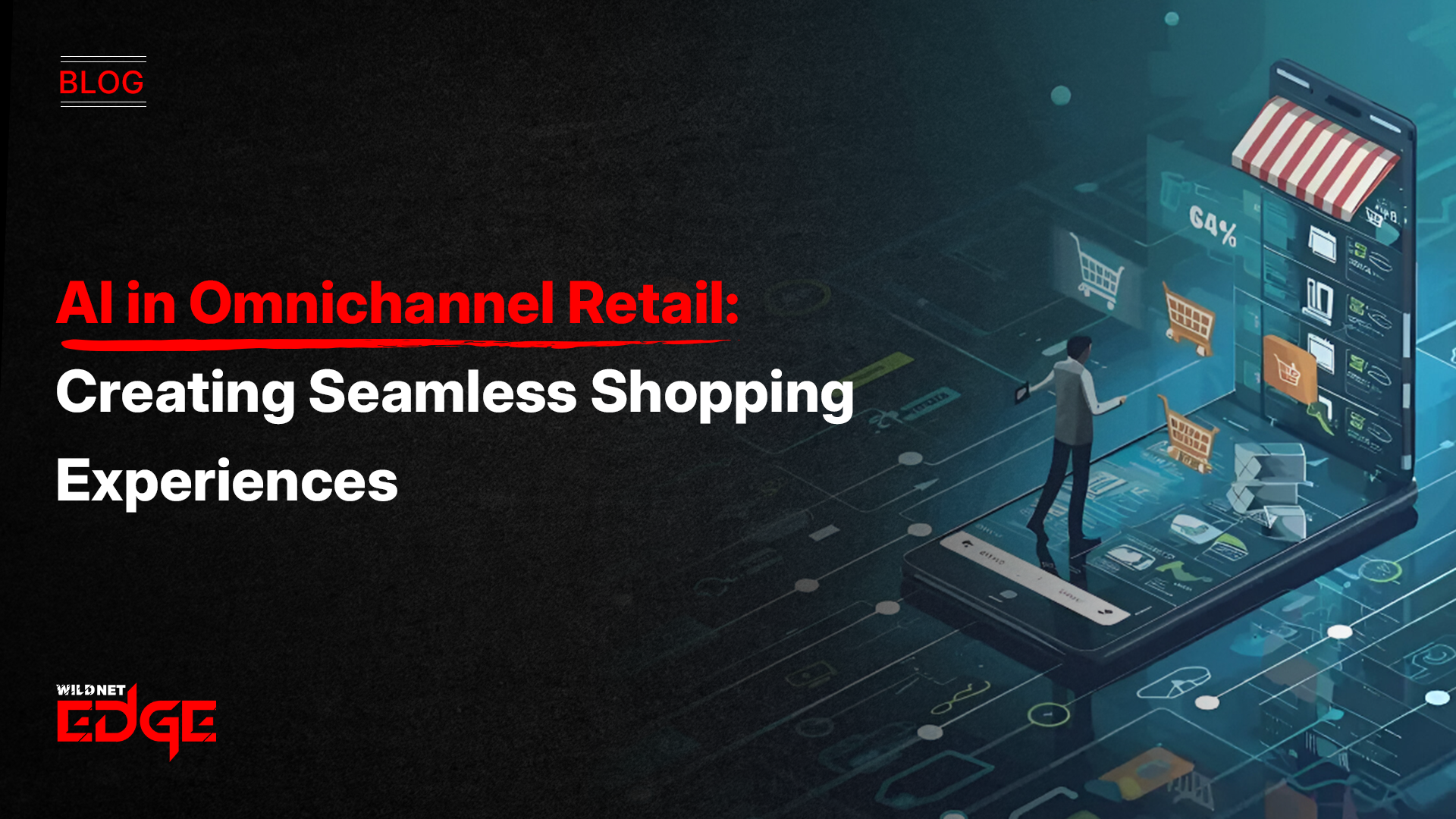When it comes to automating software development processes, Jenkins remains at the forefront of CI/CD (Continuous Integration and Continuous Deployment) tools. While many see Jenkins as a cost-effective solution—given that it’s open-source and free—there’s a deeper financial narrative at play that most organizations overlook. The real Jenkins app development cost encompasses much more than just downloading the software. Hidden expenses loom large, from cloud infrastructure costs to ongoing maintenance demands.
Here’s the thing: if you’re contemplating incorporating Jenkins into your operations, understanding these costs is critical. In this article, we’ll navigate the intricacies behind Jenkins app development costs, helping you build an effective jenkins budget and clarify potential expenditures. Let’s dive in.
What Are the Key Factors Contributing to Jenkins App Development Cost?
To grasp how Jenkins app development costs accumulate, consider these primary components:
- Infrastructure and Cloud Hosting Costs: Deploying Jenkins at scale can bring significant expenses due to the need for cloud resources, such as computing instances, storage, and data transfer. For a 60-controller setup on AWS, costs can soar to approximately $16,200/month, excluding staffing and maintenance[2].
- Development Complexity and Scope: The more complex your CI/CD pipelines are, the higher your development costs will be. Integration challenges, automation intricacies, and the sophistication of your applications directly impact overall expenditures.
- Ongoing Maintenance Needs: Maintaining a Jenkins environment isn’t a one-off task. Continuous updates, monitoring, and scaling as your team grows typically add 25% of the initial development costs annually to your budget, along with other devops software charges[1].
How Do CI/CD Pricing Models Influence Development Budgets for Jenkins Projects?
Budgeting for Jenkins projects necessitates a solid understanding of CI/CD pricing models. Let’s break this down:
- Software Licensing: Jenkins itself is free, but that doesn’t mean you won’t incur costs. Often, you’ll require plugins, integrations, or other tools to maximize its capabilities, which contribute to CI/CD pricing.
- DevOps Software Charges: The entire CI/CD pipeline often incorporates several other tools that aren’t free. These DevOps software charges can significantly impact your Jenkins budget.
- Subscription Models: Cloud services frequently adopt subscription pricing, which can accumulate over time, especially if your CI/CD processes demand extensive resources.
What Should You Expect From Your Jenkins Budget Breakdown?
Your budgeting should encompass multiple phases of Jenkins app development:
- Discovery Phase: This is where you identify specific requirements. Expect to allocate between $4.5k and $8k for thorough analysis.
- Design and Prototyping: Focusing on user experience, this phase typically costs between $15k and $30k.
- Development Costs: The main expense ranges from $35k to $75k, largely driven by the complexity and features you require.
- Quality Assurance (QA): Allocate an additional $8k to $18k for diligent testing, ensuring your application’s reliability before launch.
This structured approach helps clarify your financial commitments at each step, leading to a more predictable jenkins budget.
What Are the Costs Associated With Hiring a Jenkins App Development Company?
Deciding whether to hire a Jenkins app development company or freelancers significantly affects your financial planning. Consider these factors:
- Expertise Level: Going with a full-service company may cost more upfront, but the quality and reliability often justify the investment. They typically bring more extensive experience to handle complex projects.
- Hourly Rates: Freelancers might offer lower rates. However, they can present considerable variability in expertise. Balancing the cost savings with the need for quality deliverables is crucial when choosing a Jenkins App development company.
- Long-Term Support: Development companies frequently offer standardized support packages. These ongoing support opportunities can influence your long-term budget and operational sustainability.
How Geographic Location Impacts Costs When You Hire a Jenkins App Developer?
The geographical location of your developers can greatly influence Jenkins app development costs. The decision to hire jenkins app developer talent from a specific region can greatly influence costs.
- Regional Rate Variations: For instance, a Jenkins developer in North America might charge significantly more than one in Eastern Europe or India, where rates are generally lower due to varying cost structures of living.
- Effect on Total Cost: If your budget is tight, the choice to hire jenkins app developer teams from regions with lower living expenses can help. Nonetheless, balancing this against the quality of skills is crucial to ensure project success.
How Ongoing Maintenance and Support Costs Can Add Up Over Time?
Understanding maintenance is essential for effective Jenkins budgeting:
- Annual Maintenance: As mentioned, anticipate allocating about 25% of your total development costs annually for maintenance and support. This covers continuous updates and management.
- Considerations for Growth: As your user base and application complexity expand, your support needs will naturally increase. Saving a portion of your budget for future growth is not just wise; it’s essential.
What is the True Cost of CI/CD Tools Related to Jenkins App Development?
Another significant part of your budget relates to CI/CD tools closely linked to Jenkins:
- Essential Integrations: The pricing for Jenkins plugins and complementary tools varies widely, impacting the overall ci cd pricing. Some may be free, while others can incur significant fees, depending on their operation.
- Long-Term SaaS Costs: If considering Software as a Service (SaaS) options, remember that additional recurring costs must be included in your overall budget. These are often overlooked but can contribute to substantial expenses over time.
Conclusion
Navigating the Jenkins app development cost landscape requires careful planning and a thorough understanding of various financial components. By exposing the key elements driving these costs—such as infrastructure expenses, ongoing maintenance needs, and hiring models—you can prepare a robust jenkins budget that accounts for all potential devops software charges and aligns with your project goals while avoiding unexpected surprises. If you are ready to hire jenkins app developer experts, understanding the full cost is the first step.
Ready to transform your development process with Jenkins? Partner with a professional Jenkins App development company like Wildnet Edge, an AI-first company dedicated to helping you streamline your Jenkins solutions for maximum efficiency.
FAQs
Factors include cloud hosting expenses, development complexity, and ongoing maintenance needs.
While Jenkins is free, associated DevOps software charges and infrastructure costs can be higher than competing platforms.
Costs vary widely based on location, experience, and whether you hire a company or freelancer.
Ongoing maintenance is generally about 25% of total development costs per year.
Freelancers may offer lower initial rates, but a Jenkins App development company typically provides higher quality and support, which can be worth the investment.

Managing Director (MD) Nitin Agarwal is a veteran in custom software development. He is fascinated by how software can turn ideas into real-world solutions. With extensive experience designing scalable and efficient systems, he focuses on creating software that delivers tangible results. Nitin enjoys exploring emerging technologies, taking on challenging projects, and mentoring teams to bring ideas to life. He believes that good software is not just about code; it’s about understanding problems and creating value for users. For him, great software combines thoughtful design, clever engineering, and a clear understanding of the problems it’s meant to solve.
 sales@wildnetedge.com
sales@wildnetedge.com +1 (212) 901 8616
+1 (212) 901 8616 +1 (437) 225-7733
+1 (437) 225-7733
















 AI Development Services
AI Development Services Industry AI Solutions
Industry AI Solutions AI Consulting & Research
AI Consulting & Research Automation & Intelligence
Automation & Intelligence













